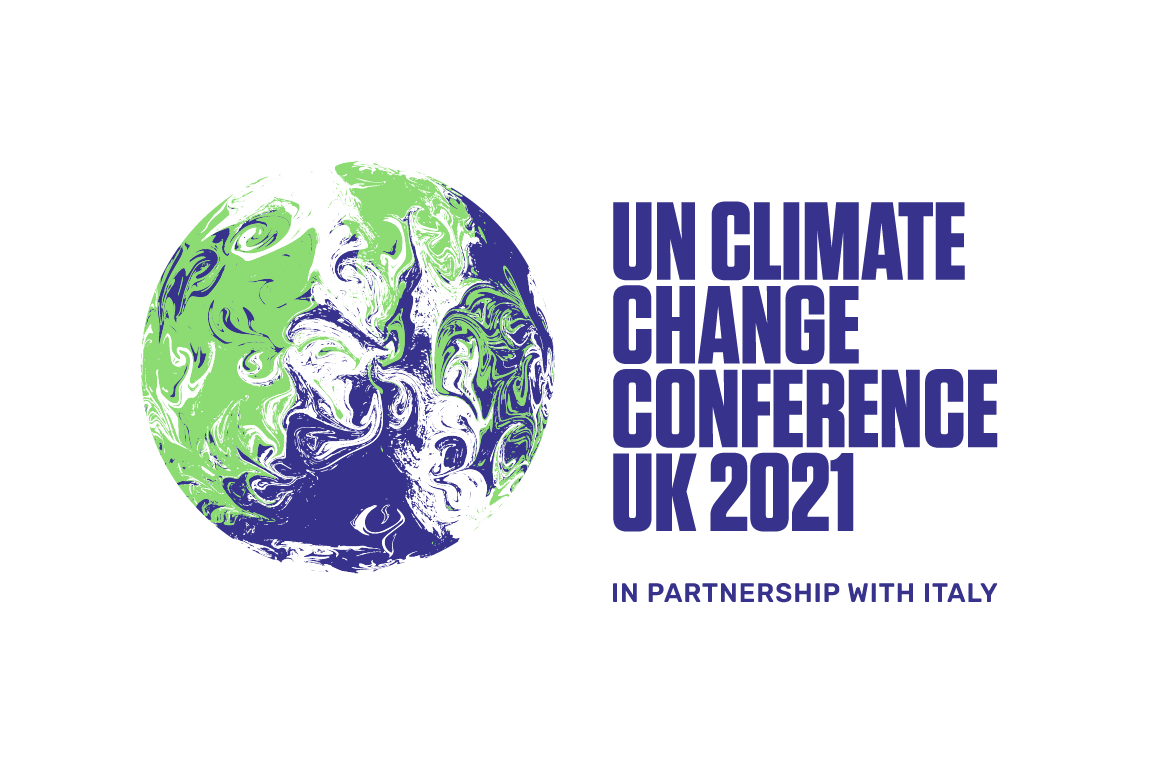
UK will further support Viet Nam in green development: British Ambassador Gareth Ward
Latest
 |
| The UK will be assuming the COP26 Presidency, in partnership with Italy. (Photo: Getty Images) |
The British Ambassador to Viet Nam Gareth Ward talks about expectations on the conference and how Viet Nam can play a part in the cause to reduce climate change impacts.
What does the UK’s government expect from the event?
Well, 140 world leaders are participating in COP26 - the UN Climate Change Conference in Glasgow. The main objective is to keep 1.5 degrees alive, which means to stop the world from heating 1.5 degrees more than the pre-industrial level. In order to do that, there are four key issues we need to resolve.
The first is about mitigation - that is, reducing the number of emissions that countries produce carbon and carbon dioxide and secondly, we need to support countries to adapt because the world is already heated up more than 1 degree, perhaps 1.2 degrees, and we can see the impact of that in many countries around the world, including Viet Nam, whether is through rising sea levels or severe weather incidents.
And the third area we want to work together is finance because developed countries recognise historically, we have produced most of the carbon emissions in the environment, so we should fund developing countries to help you transition more quickly.
And finally, it’s a negotiation on a treaty, so there are a lot of details of works to be done so that everyone can sign up the new measures so that we can have transparency and collaboration between countries and that we are all working in the same direction.
Could you tell me your opinion on the reduction of coal use in Viet Nam?
Viet Nam has a fast-growing economy and will need more electricity in the future. The question is what sources will that come from?
Within the past five years, Viet Nam has gone from being a net coal exporter to a net importer and coal is currently a leading source for power generation in Viet Nam.
Unfortunately burning coal is very bad for greenhouse gas emissions and for air pollution. Many countries have committed to moving away from coal – for instance in the UK coal provided less than 2 percent of the energy mix by July this year.
Countries including Japan, the Republic of Korea and China have decided to stop providing financing for new coal power stations.
At COP26, the United Nations global climate summit to be held in Glasgow in November, all countries are being asked to commit to ‘no new coal power'.
Climate change is not just theoretical. In Viet Nam we can already see the impact of global warming which has reached around 1.2 degrees more than pre-industrial levels, for example, salination in the Mekong, flooding in major cities, and extreme weather events, all of which impact Viet Nam heavily.
The biggest contribution Viet Nam can make to the global effort to stop global warming is to move away from the old technology of importing and burning coal. Viet Nam can meet its energy needs through new technology and using its own clean resources. Viet Nam has huge potential in solar and wind power. International investors from the private sector will build this renewable capacity quickly if the right conditions are set.
To enable this, Viet Nam needs a new grid infrastructure to increase its capacity to transmit electricity to where it’s needed. The international community wants to provide overseas development assistance to help Viet Nam upgrade its grid, and Viet Nam can become a leader in renewables.
The energy transition should be a priority for Viet Nam in the years ahead. It brings huge opportunities to create new jobs, and to attract new investment as supply chains shift and the global economy recovers. Moving away from coal towards renewable energy development is not only cost-effective but also offers tremendous potential to stimulate the wider economy. There are also major risks in continuing to build new coal, starting with air pollution and health. Dependency on imported coal, the risk of losing new investment and exposure to future carbon taxes are good reasons for the shift to a green economy.
What has your government done or will do to support Viet Nam in the process?
The UK has been supporting Viet Nam on energy transition and increasing access to finance for green projects. Together with the World Bank, Asian Development Bank and many other development partners, the UK is leading COP26 Energy Transition Council with technical and financial support for energy transition acceleration to 15 countries including Viet Nam towards 2025.
We look forward to seeing continuous engagement with Viet Nam and assure our highest engagement to this important agenda.
Investors from the UK are showing significant interest in investing in renewable energy projects in Viet Nam, in both solar and wind power. They need the Government of Viet Nam to introduce long-term support policies as well as simplification of procedures for project implementation.

















